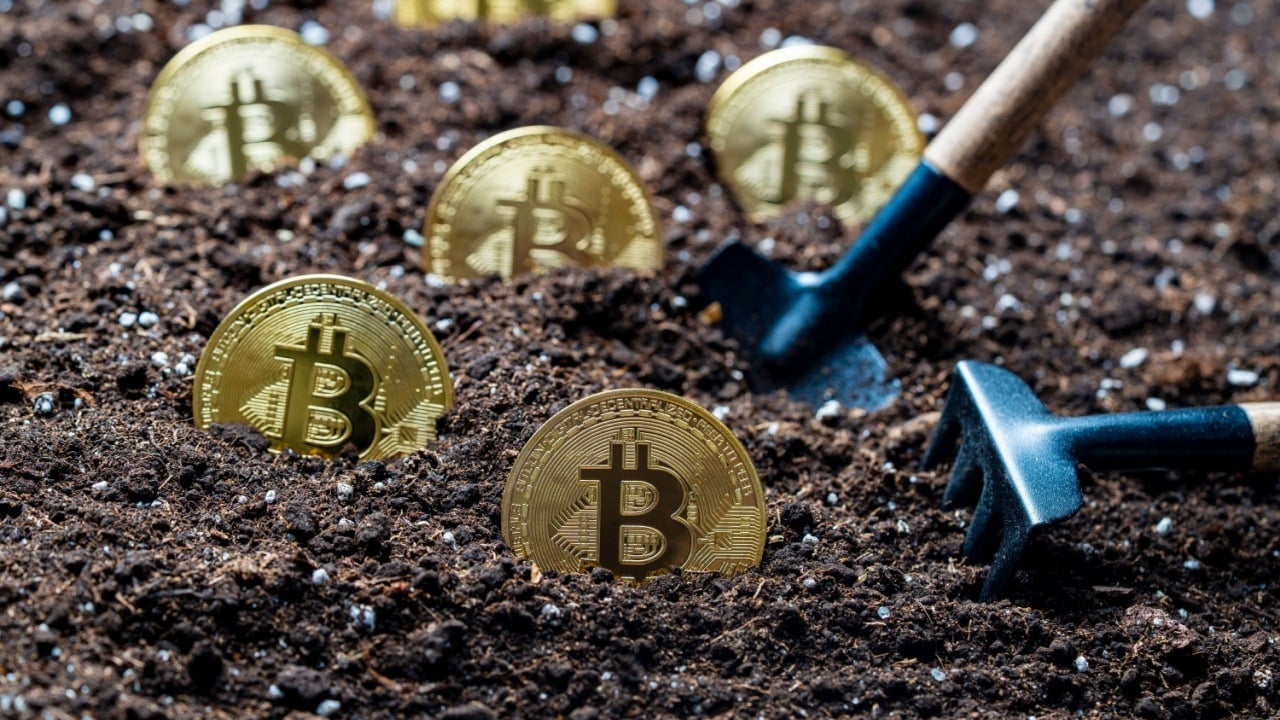Tether and Adecoagro’s collaboration in Brazil marks a pivotal moment in the cryptocurrency industry, showcasing how Bitcoin mining can be harmonized with sustainable energy practices. This partnership not only underscores the potential for renewable energy to power blockchain infrastructure but also highlights the broader implications for energy markets, corporate investment strategies, and global sustainability goals.
The Convergence of Cryptocurrency and Renewable Energy
The alliance between Tether and Adecoagro is rooted in the shared objective of leveraging surplus renewable energy for Bitcoin mining. Adecoagro’s extensive renewable energy portfolio, comprising wind, solar, and hydropower, generates more electricity than the company consumes. Traditionally, this excess energy is sold back to the grid at variable spot market prices, which can be volatile and unpredictable. By redirecting this surplus energy to Bitcoin mining, Adecoagro can stabilize its revenue streams and reduce reliance on fluctuating market conditions.
Bitcoin mining, known for its high energy consumption, has often been criticized for its environmental impact. However, this partnership challenges that narrative by demonstrating that mining can be powered entirely by renewable sources. The use of green energy not only mitigates the carbon footprint of mining but also aligns with global efforts to combat climate change. This approach could set a precedent for other energy-intensive industries to adopt sustainable practices, fostering a more eco-friendly economic landscape.
Economic and Strategic Benefits for Adecoagro
Beyond environmental benefits, the collaboration offers Adecoagro significant economic advantages. Bitcoin mining provides a new revenue stream that is independent of agricultural market fluctuations. By locking in energy pricing for mining operations, Adecoagro can hedge against the volatility of spot market prices, ensuring a more stable financial outlook. This diversification is particularly valuable in the agricultural sector, where yields and prices can be unpredictable due to factors like weather conditions and global demand.
Moreover, the partnership allows Adecoagro to explore Bitcoin as a long-term asset on its balance sheet. As more corporations recognize Bitcoin’s potential as a store of value and hedge against inflation, Adecoagro’s strategic exposure to Bitcoin could enhance its financial resilience. This move reflects a broader trend among companies to integrate cryptocurrencies into their treasury management strategies, signaling growing confidence in digital assets as a viable investment class.
Enhancing Grid Stability and Energy Efficiency
The integration of Bitcoin mining with renewable energy sources also contributes to grid stability. Renewable energy generation can be intermittent, depending on weather conditions and other factors. During periods of low demand or excess supply, the mining operation can absorb surplus energy, preventing it from being wasted. Conversely, during peak demand, the mining operation can scale back its energy consumption, freeing up electricity for other critical uses. This flexibility helps balance the grid, reducing the need for energy storage solutions and improving overall efficiency.
Additionally, the partnership underscores the potential for Bitcoin mining to act as a demand response mechanism. By adjusting mining activity based on grid conditions, the operation can help stabilize the electrical grid, particularly in regions with high renewable energy penetration. This symbiotic relationship between mining and renewable energy could pave the way for more resilient and sustainable energy systems worldwide.
Brazil’s Role in the Green Bitcoin Mining Movement
Brazil’s favorable regulatory environment and abundant renewable energy resources make it an ideal location for sustainable Bitcoin mining. The country’s commitment to renewable energy, with significant investments in wind, solar, and hydropower, provides a robust foundation for such initiatives. Furthermore, Brazil’s growing interest in cryptocurrency and blockchain technology creates a supportive ecosystem for innovation in this space.
The Tether-Adecoagro partnership could inspire other companies in Brazil and beyond to explore similar ventures. By demonstrating the feasibility of green Bitcoin mining, this collaboration could accelerate the adoption of sustainable practices in the cryptocurrency industry. As more companies recognize the benefits of integrating renewable energy with blockchain infrastructure, the environmental impact of mining can be significantly reduced, aligning with global sustainability goals.
Challenges and Future Prospects
Despite the promising outlook, the partnership faces challenges, including Bitcoin’s price volatility and regulatory uncertainties. The profitability of mining operations is directly tied to Bitcoin’s market value, which can fluctuate significantly. To mitigate this risk, Adecoagro and Tether must implement robust risk management strategies, such as hedging or diversifying their mining operations.
Regulatory changes could also impact the economics of Bitcoin mining. As governments worldwide grapple with the implications of cryptocurrency, policies may evolve to either support or restrict mining activities. Staying ahead of regulatory developments will be crucial for the long-term success of this partnership.
However, the opportunities for growth and innovation in sustainable Bitcoin mining are vast. As technology advances, mining operations can become more energy-efficient, further reducing their environmental impact. The Tether-Adecoagro partnership is well-positioned to lead this transformation, setting a benchmark for responsible and sustainable cryptocurrency mining.
Conclusion
The collaboration between Tether and Adecoagro represents a significant step forward in the quest for sustainable Bitcoin mining. By harnessing renewable energy, this partnership demonstrates that mining can be environmentally responsible while offering economic and strategic benefits. The initiative not only contributes to grid stability and energy efficiency but also aligns with global sustainability goals. As the cryptocurrency industry continues to evolve, such collaborations will be essential in shaping a greener and more resilient future for Bitcoin and the planet. The Tether-Adecoagro venture serves as a powerful example of how innovation and sustainability can coexist, paving the way for a more responsible and prosperous cryptocurrency ecosystem.

